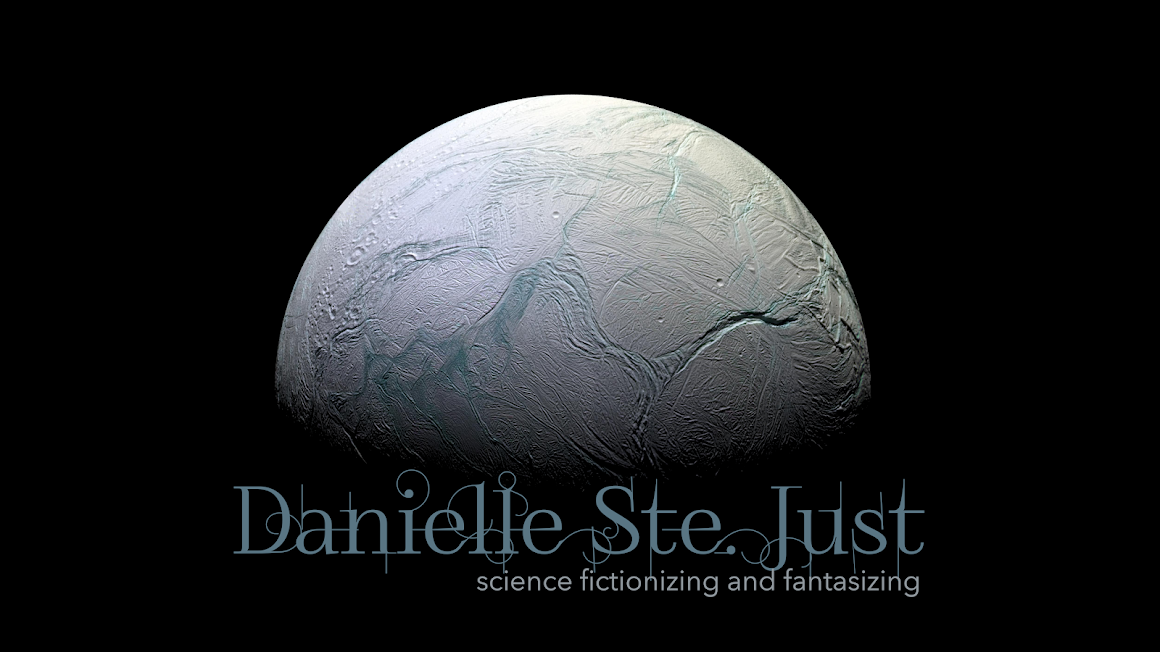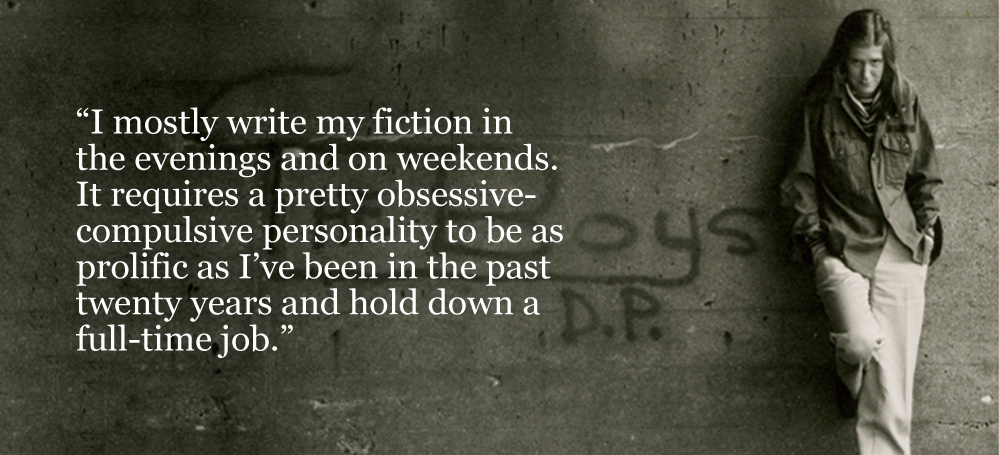 |
| Photo by Alejandro Barba on Unsplash |
The way I see it, there are two ways to go:
1. Create a book club with the exact specs you have always wanted, and look for members who share your vision
2. Gather literary-minded members together, and group-think guidelines into existence.
Number One: The Solo Approach
This is the way to get exactly what you want. But even if you’re the only one deciding, it might be good to take your eventual members into consideration. Some questions you might ask yourself are, Do I want to keep the genre wide open, or narrow it down to my favorites? The pros and cons of each approach are pretty self-explanatory. If you narrow down the genre to just your favorites, you’ll probably have fewer options for members, a downside of opening it up to everything is there might be a few months that go by when you yourself—the group founder—don’t really care for the selections.
The lure of an ample spread of decadent refreshments is both the catalyst and bane of a good book club: refreshments will keep people coming, but may push the actual purpose of the meeting into the background.
Another question to ask yourself is, Will this group be primarily social, with in-home meetings and lots of refreshments, or do I prefer a bottled-water-and-notepad approach? The lure of an ample spread of decadent refreshments is both the catalyst and bane of a good book club: refreshments will keep people coming, but may be so enticing that they will push the actual purpose of the meeting—the book itself—into the background. Limiting refreshments to non-alcoholic beverages only might keep the focus on the written word. (Of course, if the meeting is online-only, no need to stress about this question. More on that below.)
A big question is Who will decide the books we read? If, as the founder, you have a backlog of outstanding-to-you books you’ve always wanted to discuss, then you might have your answer right there. However, soliciting different members to select a book for each meeting is always a great way to generate ownership in the group. You might take a hybrid approach, and tell your new members not to stress about having to pick a book for the first six meetings, as you have it covered. Then you can get through your backlog of favorites before you open it up to a one-meeting each rolling pick, and have some time before your turn comes along again to create more new favorites.
You might also ask yourself, Am I going to keep this group invitation-only, or solicit open membership? This is a big one. Invitation-only is great if you already have many like-minded friends and acquaintances that you’d be happy to sit down with to dissect some prose. But if you live in a less-populated place or there don’t seem to be many literary-minded people amongst your acquaintance, you might want to gather people from your entire community.
Local builds or even taps into an existing sense of community. The global approach is great for expanding the horizons of all members.
Lastly, there’s the even wider question: Am I going to keep the group local, or go global? Each option has great potential. Local builds or even taps into an existing sense of community. If you go this route, you are going to be well-served by social media, library bulletin boards (if they even exist anymore at your local library!) and local bookstores. A Facebook, Discord, Reddit, Twitter or Instagram post might bring you dozens of people that live around you and are just as excited as you to belong to a book club. The global approach is great for expanding the horizons of all members. If people who live literally around the globe can get excited about the same book, then we are building a global sense of community. And if you live in a remote area or are having trouble finding people with your niche literary taste in your neighborhood, there are thousands out there who are waiting for the same book club you are creating. In this case, social media posts are probably your biggest friend.
Number Two: The Group-Think
If you’d rather gather your literary-minded cohort and then create the group guidelines, you’re starting a process that may stray from your original vision. However, the fact that the other participants are helping to craft the direction of the club will probably help them to feel a sense of ownership, pride, and dedication.
If you choose this path, the questions above will be perfect to jump-start your group conversation. But instead of a solo decision, you’ll be putting it to everyone. It’s probably best to go with a poll for each topic. Having a planning meeting be your first book club meeting is a great way to go.
Instant poll sites are fun and only require people to have a smartphone with them. Direct Poll and Google Surveys are two option. You can always hold a show-of-hands vote or, if you’re meeting in person (more on that next), you can go with a slip-of-paper vote.
Number Three: Where to Meet
The last question is, Will we meet in person inside, in person outside, or online? Time of year is one big deciding factor, as it’s much more enticing to meet in a sunny park in the summer than try to huddle around a propane heater in someone’s backyard in December. So once again a hybrid approach might be best for some, by meeting in person during the temperate part of the year, and online the rest of the time.
But there is no reason why having an online book club is inferior to in-person. Lots of book clubs that were once in-person have made the switch to online meetings temporarily or even permanently. Zoom, Google, FaceTime, Skype and Discord are all good platforms for holding your meetings. To work out the bugs, you could gather a few of your new book club members beforehand to try out the software and make sure you’re comfortable with it.
There are always more people out there that think exactly like you do, and are just waiting for someone else to ask them to join.
Just Do It
Now that you’re armed with the above guidelines, the only thing you now have to do is sit down and do it! Don’t be shy. If there’s one thing I’ve learned, it’s that if you want something to happen, there are always more people out there that think exactly like you do, and are just waiting for someone else to ask them to join. In this case, tag, you’re it!









